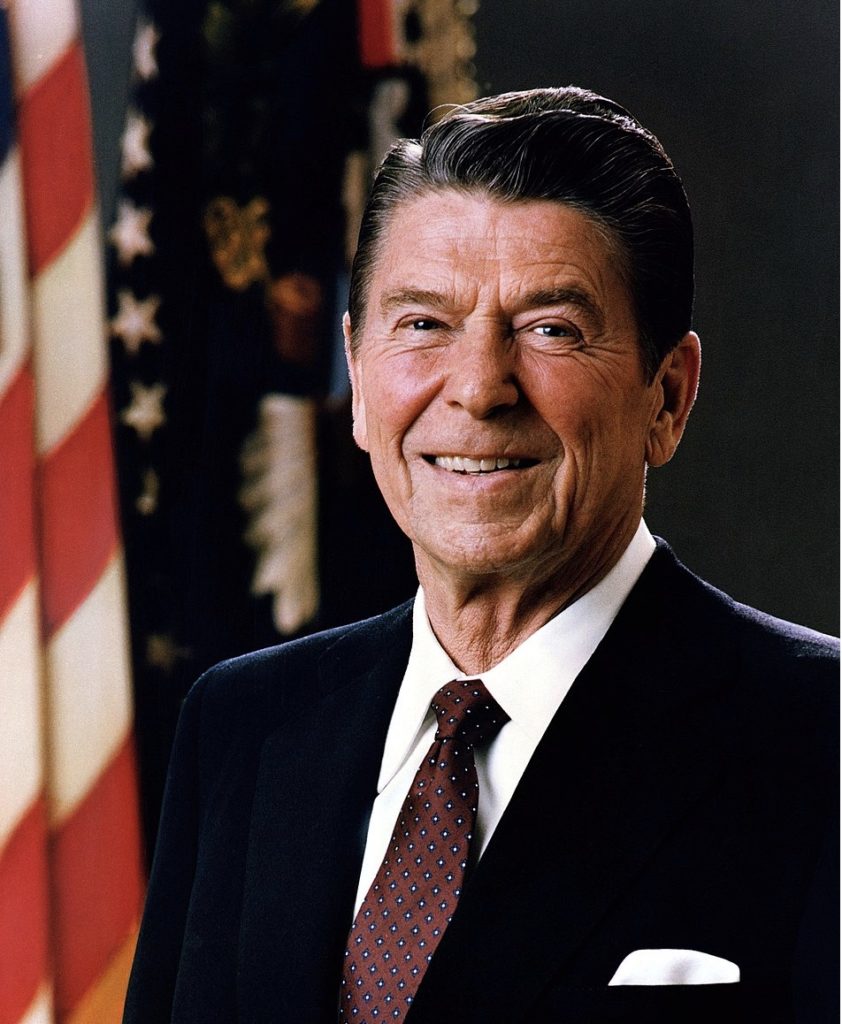
Oratorical excellence has been celebrated as a form of intelligence since the beginning of the written word. In 725 BCE, the ancient Greek author, Homer wrote:
So, the gods don’t hand out all their gifts at once, not build and brains and flowing speech to all. One man may fail to impress us with his looks but a god can crown his words with beauty, charm, and men look on with delight when he speaks out.
Communication skills have been a key to success in influencing humans, throughout history because we are, first and foremost, emotional rather than rational beings. In some cases the person with outstanding communication skills was also highly intelligent, but sometimes the person was of average intelligence, but possessing a remarkable talent for persuasion and for tapping into human vulnerability.
During the 1930’s, Germany was suffering skyrocketing inflation caused by the reparations imposed on them following World War I. Many German citizens were without food and struggling to survive. A young house-painter, named Adolf Hitler, seized the opportunity to lead a nationalistic movement that promised prosperity to the German electorate. His emotionally electrifying speeches ignited a tribal frenzy that brought him into a government that he soon transformed into a dictatorship. He cleverly identified the Jewish people as the cause of Germany’s woes and by identifying an “enemy” was able to galvanize widespread support.
His adversary, Winston Churchill, fought back with his own oratory skills, honed through an assiduous study of Bartlett’s Familiar Quotations. His epoch-making speeches, delivered while he was Britain’s Prime Minister, inspired the British during World War II and are credited with raising British morale through its darkest days. His fluid expression and acerbic wit have been regarded as the model of English usage. In 1963, during a ceremony granting US citizenship to Sir Winston, President John F. Kennedy observed, “Churchill mobilized the English language and sent it into battle. Indeed, World War II was a battle in which oratory served as a vital factor in marshalling human emotion.
Two decades later, on August 28, 1963, a quarter of a million protestors joined Dr. Martin Luther King Jr. in a march on Washington D.C., demanding equal civil and economic rights for African Americans. The highlight of that event was a speech delivered by Dr. King that would signal the beginning of the end of segregation in the United States. The highly-charged delivery of his “I have a dream” speech, punctuated with historical allusions, biblical references, and vivid metaphor, galvanized the Civil Rights Movement and sharpened its focus. On July 2, 1964, less than a year after the speech, Lyndon Johnson signed the Civil Rights Act that ended segregation and banned discrimination on the basis of race. King’s speech is regarded as one of the greatest in history, not only for its persuasive impact but also for its effect on racial equality in America.
Ronald Reagan, who became the 40th President of the United States said that he honed his speech- making and speech-delivery skills during his professional career in motion pictures. Known as “the Great Communicator” Reagan said that he had been elected—in part—because he was an actor who knew “how to give a good speech,” who “knows two important things—to be honest in what he’s doing and to be in touch with the audience.”
All the individuals described above were higher than average in intelligence, though none would claim to have a stratospheric IQ. Yet, their power to influence public opinion was far greater than that possessed by most people of extremely high IQ. Although there are brilliant people who have excellent communication skills, most of them live in a world where their recognition comes from their contributions in the rational domain. For example, Einstein graciously declined an offer to serve as Israel’s second Prime Minister, stating that his talents for physics were not transferrable to the political realm.
As we approach the 2024 election in the United States, we will hear a great number of speeches and witness from both political parties, a move toward building tribal support. Celebrities from film and music will endorse candidates to entice people to “join their tribe.” Each side will appeal to emotion by depicting the other candidate as a threat and by promoting the “likability” of their candidate. Those who live mainly in an emotional world, will be greatly influenced by these emotional appeals and will vote accordingly. Others, who have a rational habit of mind, will scrutinize carefully the policies of the candidates, study their past positions on issues and assess the future implications of their policies. We don’t know how all of this will unfold, but the next few months will provide an opportunity to view the emotional oratorical devices used to win the hearts of the voters.
